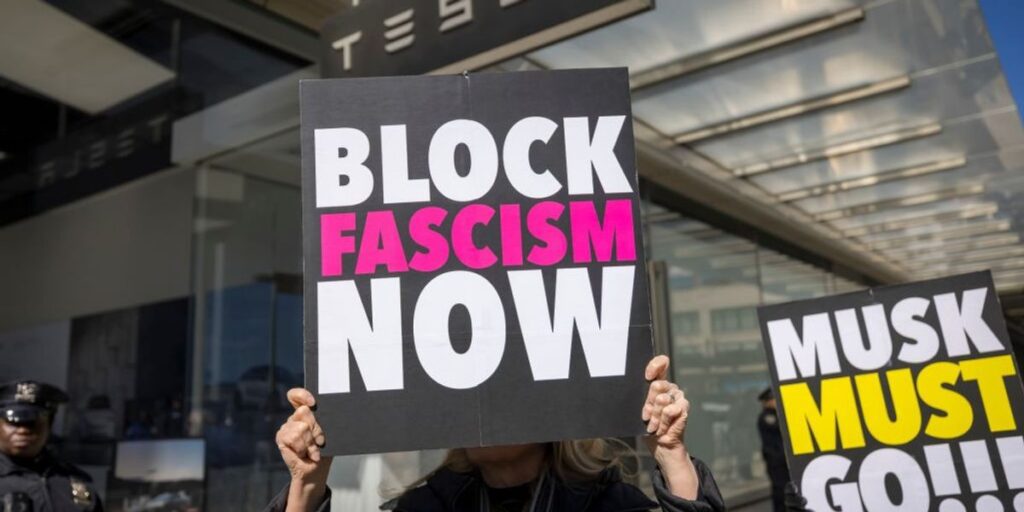Words play a crucial role in life and politics, serving as the foundation of thought, communication, and persuasion. Political scientist Francis Beer highlights that language shapes our understanding of authority and motivates political action. The connection between verbal and nonverbal communication underscores the political significance of rhetoric, which influences perceptions, behaviors, identities, and social hierarchies.
Language is both structured and dynamic, offering a means to stabilize meaning while also allowing for critique and transformation, as illustrated by linguistics professor Sally McConnell-Ginet. This duality makes words tools of both domination and resistance. The article examines the term “fascism,” traditionally viewed as an un-American threat, now increasingly applied to critiques of the Trump administration’s authoritarian tendencies.
Fascism, often embodied by figures like Mussolini and Hitler, was historically seen as an external enemy to democracy. The article recalls the American Nazi Bund rally of 1939, a stark reminder of fascist sentiments that once arose domestically. The legacy of that rally resonates in contemporary events, such as the 2017 “Unite the Right” rally in Charlottesville, signifying an ongoing presence of white supremacist ideology.
Trump’s actions during his presidency have raised questions about the nature of his governance. Critics assert that his blend of authoritarianism and totalitarianism aligns with fascistic principles, marked by a push for pervasive control and suppression of dissent. While some define Trump as merely authoritarian, others liken him to neo-fascist leaders due to his extreme nationalism and populism.
In conclusion, labeling Trump as fascist is essential for understanding the threats to democratic institutions. This discourse is not only academic; it is vital for recognizing dangers to social equality and addressing them effectively. The words we choose to engage with these challenges matter more than ever as we navigate the complexities of modern governance.



